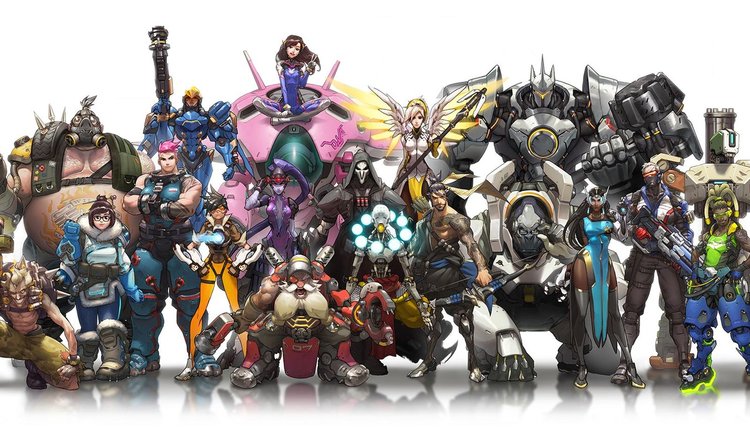The Impact of Generation Z on the Gaming Community
People still don’t have a handle on exactly when millennials were born, and there’s already another generation to consider: Generation Z. According to the Pew Research Center, millennials were born between the early 1980s and 1997, and Generation Z began in 1997. That means that Generation Z is in their early 20s at their oldest, putting them at a perfect age for being part of the gaming community – and it also means that they’ve been around modern gaming tech since birth.
Video Games and Generation Z
Prior to 2000, online gaming wasn’t the standard. Instead, multiplayer games were carried out in a single room, with four friends using four remote controls to play against one another. When Sony brought online gaming to PlayStation 2, access to other gamers opened up. That meant that players could play against their friends even if they weren’t in the same room, and that they could play against strangers from the other side of the world.
https://www.youtube.com/watch?v=-k9LIin9yOw
This is the type of gaming the Generation Z was raised on – and it’s made a major impact. As much as 68% of Generation Z males say that gaming is a prevalent part of their personal identity. Gaming is no longer just a hobby; it’s a way to define oneself, and it drives the other choices they make, like the brands and tech they favor.
Generation Z owns more video game consoles than millennials – 73% compared to 66%. Also, 78% of Generation Z has a tablet in their home. It’s too early to say if these tech habits will change as Generation Z grows older, but for now brands can tap into their preferences to decide where to show their ads. It also pays to know where Generation Z isn’t – for example, Netflix is much more popular with the millennial generation, while gaming-related YouTube channels are what attract Generation Z.
How Generation Z is Influencing the World
It’s possible that Generation Z is changing the stigma of gamers, one that’s been reinforced in media for decades. Gaming isn’t just leisure time anymore, or solo time for introverts – it’s part of a player’s social life now, often defined by connection instead of seclusion. Here are some other common stereotypes of gamers:
- Gamers eat junk food while sitting in front of their game system for hours.
- Gamers don’t have any hobbies outside of gaming.
- Gamers waste their time while playing and should be doing something more productive.
Generation Z is changing all of that – maybe slowly, but it’s happening. The rest of the world is catching on as they see the tremendous influence that the gaming industry is having, or that Generation Z is having on the gaming industry. Either way you look at it, it’s massive and edging out other forms of media like movies and music.

The truth about Generation Z is a lot more positive than the assumptions. They aren’t loners; instead, they seek out mentorship. They’re not focused on gaming and tech alone; instead, they purposely look for employers who are socially conscious. They also are passionate about their careers, even if some of them are also passionate about gaming.
Appealing to Generation Z
As the reach of video games broadened, so did the ways that gamers wanted to communicate with one another. Millennials would connect about gaming in chat rooms or read gaming magazines to learn cheat codes when they were kids and teens. Generation Z, on the other hand, has had a broader social world at their fingertips, with social media platforms like Twitch dedicated to gaming.
Since gaming is becoming so popular, other types of media are recognizing the power of video games and getting on board. The hip hop world is a major example of this. Some strategies have flopped, like the Wu-shaped video game controller, but others have been a success. For example, A$AP Rocky references the game Fortnite in “Buck Shots,” and one of Nicki Minaj’s singles celebrates Chun-Li from Street Fighter.
Smart brands are finding clever ways to appeal to Generation Z, and that doesn’t necessarily mean being present in a video game or featured on a video game system. Instead, that could mean turning up where gaming conversations are happening, like on YouTube or Twitch. Brands may co-create a Twitch stream or find a way to make a gamer’s life better, like by delivering food, the way Uber Eats did. This is similar to how any brand connects with any audience base – they figure out what other things the audience is into, and then they show up there.
Wrapping Up
It can be difficult for other generations to understand exactly what Generation Z is about. There’s a consensus that Gen Z is lonely, but that could be a misinterpretation of the reality. Instead, it’s possible that social interactions have evolved into ways that aren’t considered social at first. Connecting online and through video games is a different type of connecting, but it’s the type that Generation Z has grown up with.

